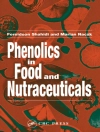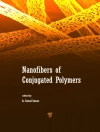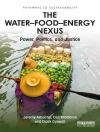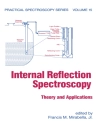As the world’s population continues to grow so does the demand for food, and in consequence the amount of material left over from food production. No longer considered simply as ‘waste’, many food co-products are being identified as economically-viable raw materials and their potential is enhanced by modern processing technologies and the biorefinery concept.
This book presents a general overview of the current situation, with perspectives from within the food industry and policy makers in the introductory chapters. These are followed by five chapters exploring modern advanced processing techniques. Further chapters are dedicated to separate food groups, including cereals, oils, rice and fish, exploring the potential for making the best use of the co-products generated.
Many of the processing technologies discussed will be familiar to students and practitioners of green chemistry, but the book goes further in presenting examples and case studies, written by active workers in the field from across the globe. Food technicians and process engineers will be amongst the researchers in academia and industry and postgraduate students this book is aimed for.
Tabla de materias
Introductory Chapters; Green Chemistry and the biorefinery; International food waste policy; Advanced Processing Technologies; Microwave Pyrolysis; Biochemical conversion of food waste; Anaerobic digestion; Case Studies; Uses of waste Starch; High value applications of Used Cooking Oil; Materials from Rapeseed and Sunflower meal and cake
Sobre el autor
CSIC, Spain












